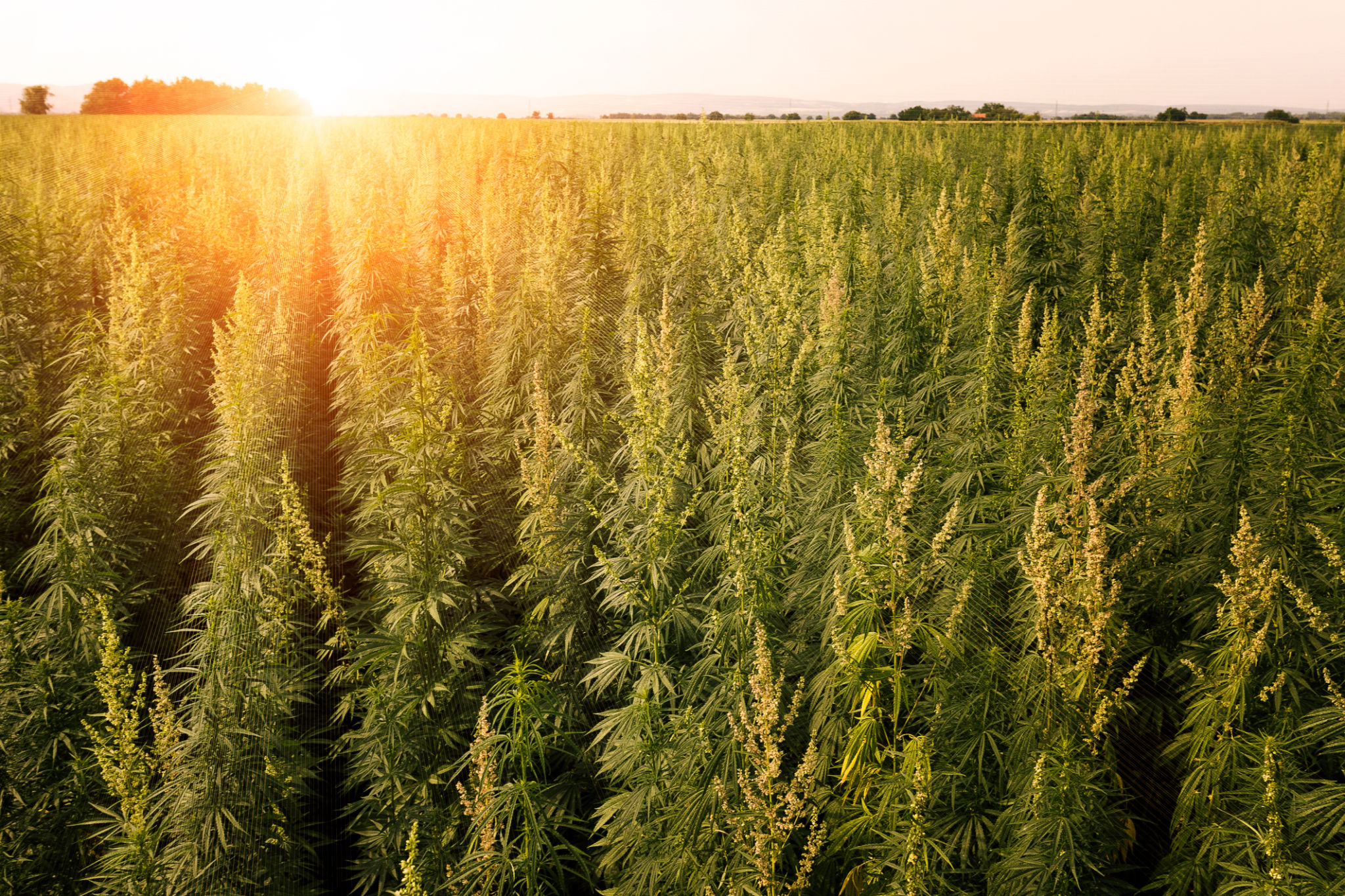The Impact of Climate on Hemp Farming in Ireland
Understanding Ireland's Climate
When it comes to farming, climate plays a crucial role in determining the success of crop cultivation. In Ireland, the climate is characterized by mild temperatures, high humidity, and frequent rainfall. These conditions can both benefit and challenge farming activities, including the cultivation of hemp. Understanding these climatic conditions is essential for optimizing hemp farming practices in the region.
The mild temperatures throughout the year prevent extreme cold or heat, making it possible to grow a variety of crops. However, the heavy rainfall, which occurs most frequently during autumn and winter, can lead to waterlogged fields and pose challenges for farmers. Hemp, with its deep rooting system, can be particularly sensitive to excess water.

The Benefits of Ireland's Climate for Hemp Farming
Despite some challenges, Ireland's climate offers several advantages for hemp cultivation. The moderate temperatures and long growing season provide an ideal environment for this versatile crop. Hemp does not require excessively warm temperatures and can thrive in cooler climates, making Ireland a suitable location for its cultivation.
The high levels of precipitation ensure that irrigation is often unnecessary, reducing costs for farmers. The natural rainfall supports the growth of hemp without the need for extensive water management systems, which can be beneficial for maintaining sustainable farming practices.

Adaptations to Overcome Climatic Challenges
While the climate provides some benefits, Irish hemp farmers must adapt their practices to mitigate the challenges posed by excessive rain and humidity. Implementing proper drainage systems is crucial to prevent waterlogging, which can damage hemp roots and reduce yield.
Farmers are also exploring the use of greenhouses and polytunnels to protect crops from heavy rains and control humidity levels. These structures allow for a more controlled environment, ensuring that hemp plants receive optimal growing conditions throughout their development.

Future Prospects for Hemp Farming in Ireland
The potential for hemp farming in Ireland is significant, given the crop's adaptability and the growing demand for hemp-based products. As farmers become more familiar with the crop and refine their techniques to suit local climatic conditions, the industry is poised for growth. Hemp offers opportunities for producing sustainable materials like textiles, bioplastics, and construction materials, aligning with global trends toward eco-friendly products.
Research and development in crop varieties that are better suited to Ireland's specific climate could further enhance the viability of hemp farming. By selecting strains that are resilient to moisture and cooler temperatures, farmers can increase their productivity and profitability.
Conclusion: A Promising Outlook
In summary, while Ireland's climate presents both opportunities and challenges for hemp farming, with careful management and innovative practices, these hurdles can be overcome. By leveraging its natural advantages and addressing potential pitfalls, Ireland is well-positioned to become a leader in the hemp industry.
The future of hemp farming in Ireland looks promising as awareness grows about its benefits and potential applications. With strategic planning and continued adaptation, Irish farmers can tap into this burgeoning market, contributing to a more sustainable agricultural sector.